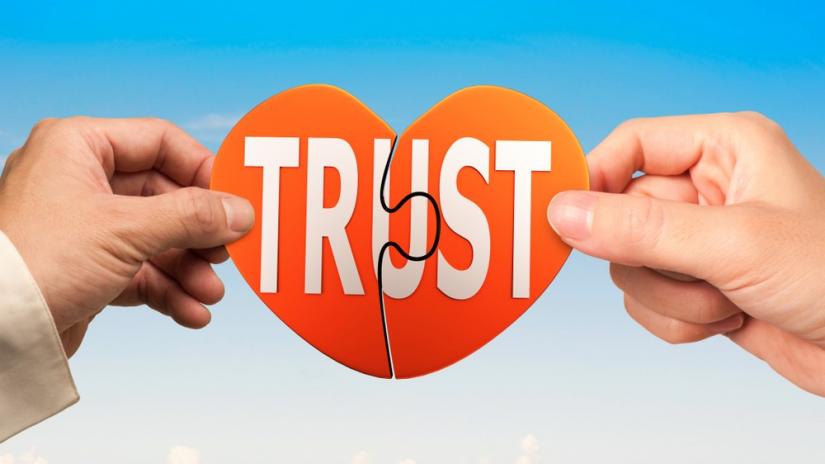
Image: Shutterstock
Trust is the magic ingredient for achieving success in the business world. However, trust comes in different forms, says UTS marketing expert Dr Graham Massey, and current business leaders and marketing professionals may have forgotten the most important one.
Dr Massey and colleagues studied two distinct forms of trust, 'cognitive' and 'affective', and found building only one kind is not enough – both are essential for a business to prosper.
“The usual form, ‘cognitive’ trust, is where you develop trust in a person or organisation because they are competent and reliable, such as the mechanic who keeps your car in excellent running order, or the restaurant that serves you in a fast, efficient manner,” says Dr Massey.
“But there is a second type of trust – the emotional or ‘affective’ trust that develops when you feel someone has genuine care and concern for you, and they won’t mislead you or be opportunistic.
“It may be a relationship with the restaurant owner who knows your name and favourite order, or you might develop a friendly relationship with your competent mechanic and, over time, feel confident they would not do or suggest something that was not in your best interest.”
When both forms of trust exist, relationships become strong and enduring. This is one of the holy grails of marketing, to help businesses build strong relationships with customers and clients.
Dr Massey says this emotional trust can develop only once cognitive trust has been established, but it is often dismissed or forgotten in the race for efficiency or streamlined operations, as it requires time and effort to build these interpersonal bonds.
“You need cognitive trust before you can develop affective trust, because if someone has been incompetent and unreliable, you are hardly going to like them. But once you have cognitive trust, then emotional connections can also develop,” says Dr Massey.
“When both forms of trust exist, relationships become strong and enduring. This is one of the holy grails of marketing, to help businesses build strong relationships with customers and clients,” he says.
Using survey data from business managers in Britain and Australia, Dr Massey modelled the link between cognitive trust, affective trust and positive relationship outcomes.
“The research showed that cognitive trust and affective trust have at least the same impact on positive relationship outcomes, if not more powerful effects for affective trust,” says Dr Massey.
It is not only trust between buyers and sellers that is important for business success; positive relationships within an organisation, for example between managers in different departments, and with suppliers, are also necessary.
Massey says studies of trust in marketing relationships often consider only cognitive trust, and not affective trust.
“Leaving affective trust out of the mix limits marketers’ ability to diagnose the quality of the relationship with customers or clients. It also ignores an important factor that business leaders and marketing managers can use to improve these relationships,” he says.
The findings are published in the journal Industrial Marketing Management.

